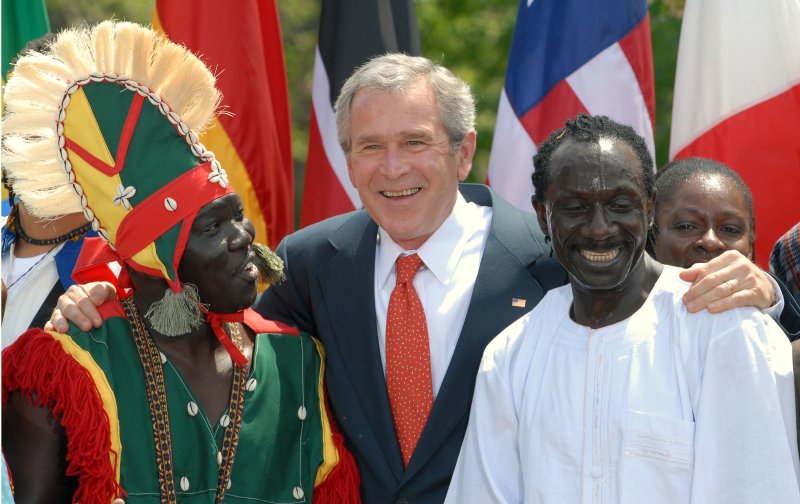BETHESDA, Md., April 25 (UPI) -- There were 219 million cases of malaria and 660,000 malaria-related deaths globally in 2010, World Health Organizations officials in Switzerland said Thursday.
The majority of the malaria deaths were among children in Africa age 5 and younger, said Dr. B.F. Hall and Dr. Anthony S. Fauci, of the National Institute of Allergy and Infectious Diseases, part of the National Institutes of Health.















